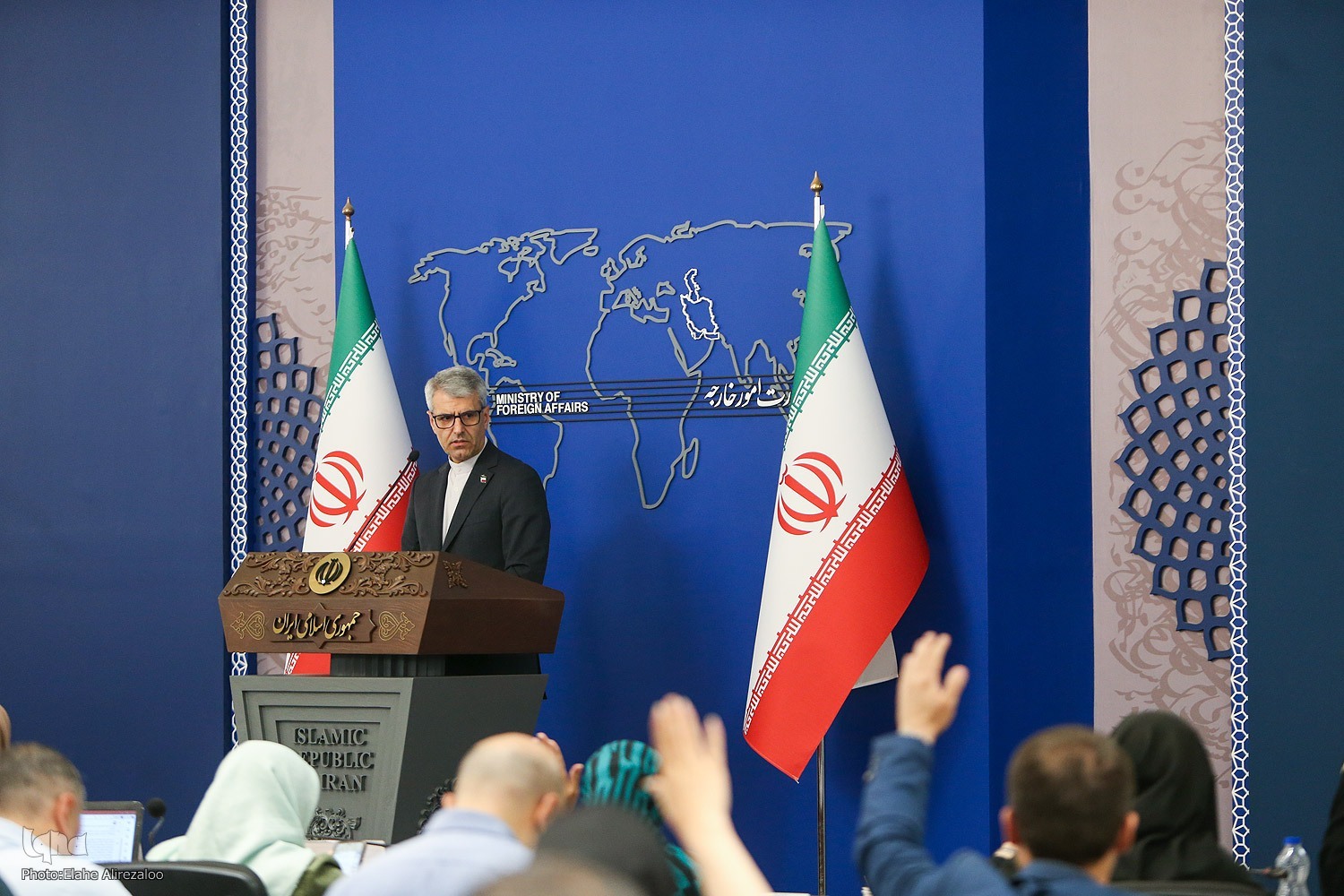Iran Warns of Possible Israeli Breach of Gaza Ceasefire Agreement

Following more than 700 days of relentless Israeli aggression on Gaza that left tens of thousands dead and triggered a humanitarian catastrophe, a ceasefire agreement between Hamas and the Israeli regime has taken effect, halting the bombardment and enabling a large-scale prisoner exchange.
Foreign Ministry spokesman Esmaeil Baghaei said that despite the cessation of strikes, “the effects of the crimes of the past two years are still visible.”
He cautioned that based on the regime’s “track record of noncompliance,” the world must remain vigilant. “The international community and regional countries should stay alert and not allow this regime to repeat history by violating its commitments,” he said.
Under the agreement, Hamas has released all 20 living Israeli captives and handed them to the International Committee of the Red Cross in Gaza. In return, Israel is expected to free around 2,000 Palestinian prisoners, including some serving long or life sentences.
Read More:
Baghaei said Iran’s stance had been clearly declared in two official statements. “We support any measure that leads to an end to the killings and genocide in Gaza,” he stated, emphasizing that Tehran’s primary demand is “the cessation of crimes and the blockade of Gaza and the provision of humanitarian assistance to its people.”
Palestinian media and officials say thousands of civilians remain under the rubble after more than two years of Israeli bombings that killed over 67,000 people and left the enclave in ruins.
Footage broadcast by local media on Monday showed buses believed to be carrying freed Palestinian prisoners leaving Ofer prison under Red Cross escort.
Read More:
Baghaei said the devastation in Gaza reflects “an assault on morality and humanity,” stressing that the developments of recent years must not be forgotten.
“The events of October 7 did not happen in a vacuum,” he said. “The issue of Palestine must be continuously pursued. As long as the rights of Palestinians are not fulfilled, one cannot expect an end to these crimes.”
4310450



